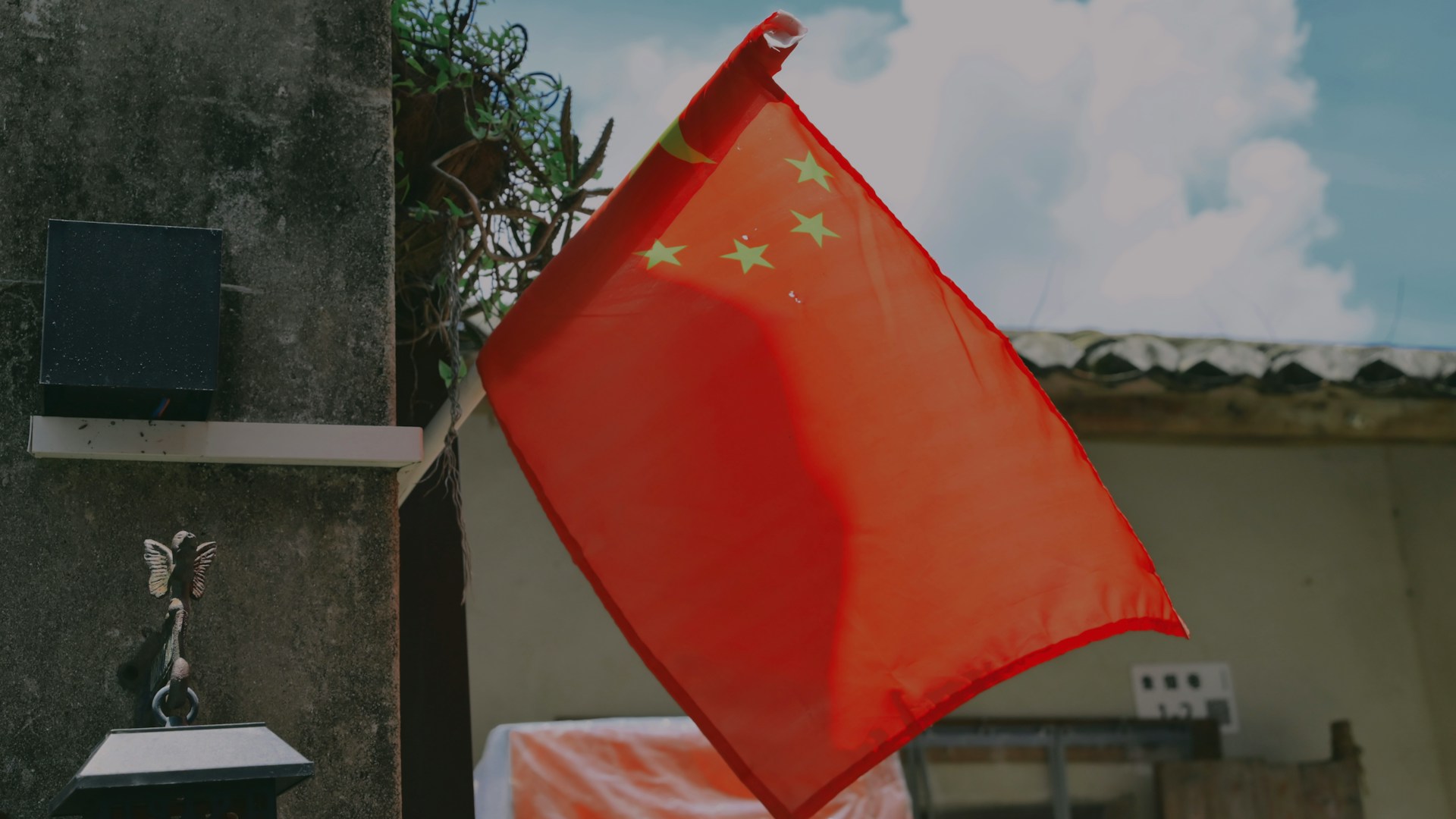
China became the first country to require labels on all artificial intelligence(AI)-generated content when new regulations took effect on September 1.
The Cyberspace Administration of China now mandates that platforms like WeChat, Douyin, and Weibo attach visible markers and hidden metadata to AI-created text, images, audio, and video.
The rules represent the world’s most comprehensive attempt to regulate AI content. Four government agencies drafted the legislation to combat misinformation, fraud, and copyright violations across the nation.
Major platforms moved quickly to comply before the deadline. WeChat now requires users to proactively mark when they post content made by AI. The company also bans users from removing or changing these AI labels, according to company statements.
Douyin uses metadata detection to identify AI content automatically. Weibo added reporting features so users can flag unlabeled synthetic material.
The regulations go far beyond similar efforts in other countries. While the European Union requires disclosure only for deepfakes, China’s rules cover all AI-generated content without exceptions.
“By mandating labels that serve as a ‘digital ID’ for AI-generated content, the public can be effectively alerted, and the threshold for malicious dissemination can be raised,” said Ma Jihua, a telecom observer. “This is a crucial step to curb potential harm at the source.”
Platforms are required to embed two types of markers. Explicit labels appear as watermarks or text prompts that users can see. Implicit identifiers hide in file metadata that algorithms can detect.
The law emerged from China’s broader “Qinglang” campaign to clean up online spaces. Officials expressed growing concern about AI’s role in spreading false information and manipulating public opinion.
Non-compliance risk fines, content removal, and potential blacklisting by regulators. Users face penalties for circumventing the labeling system.
The regulations could influence global policy as other governments grapple with AI-generated content. Google and Meta have experimented with voluntary labeling tools, but no other nation has enacted legally binding requirements nationwide.
Some critics worry the rules may stifle innovation or enable greater state control over information flows. Supporters argue that the transparency measures protect users from deceptive synthetic media.
The implementation affects millions of Chinese internet users who create and share content daily. Creators must now navigate new disclosure requirements while platforms invest in detection technology.
China’s move positions the country at the forefront of AI governance discussions worldwide. As AI-generated content becomes more sophisticated and widespread, other governments may follow China’s example of mandatory labeling requirements.
The regulations took six months to implement after officials announced them in March 2025, giving platforms time to develop compliance systems.






















